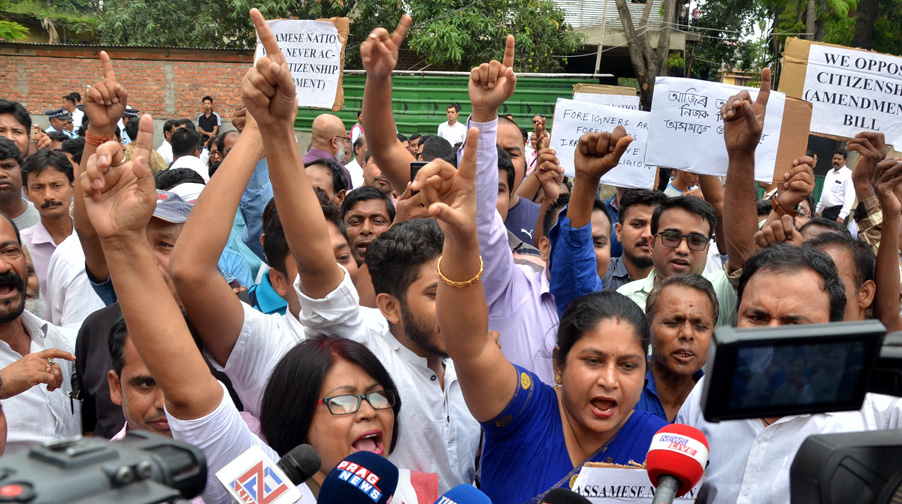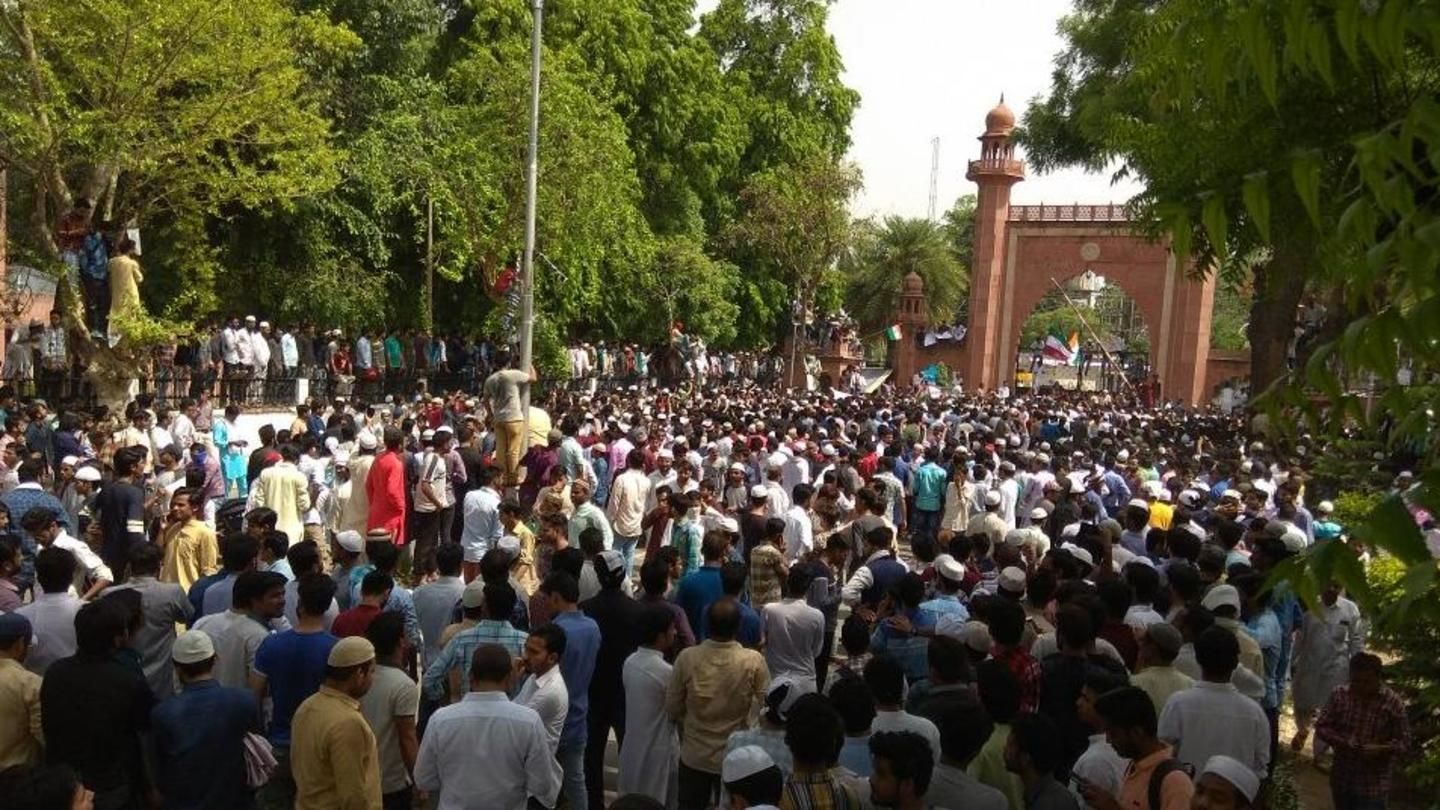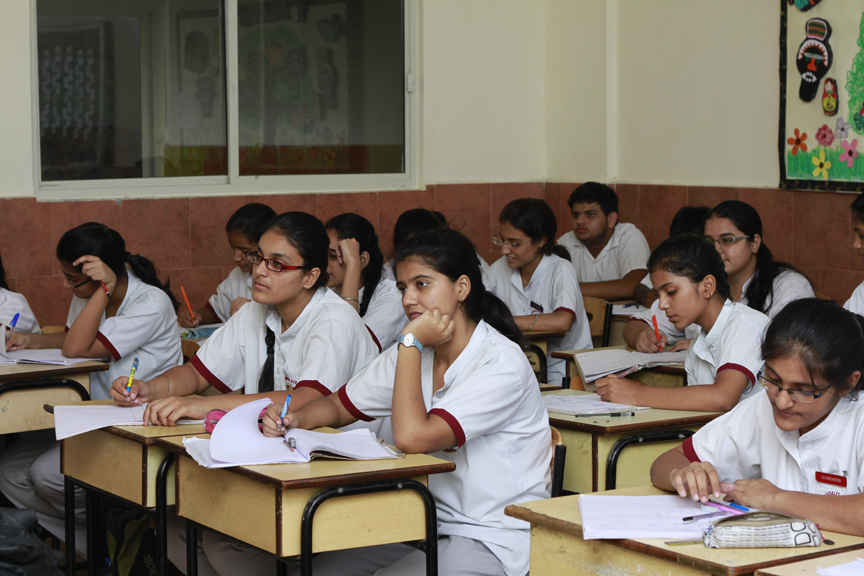
On 12 February, police in plainclothes arrested Kanhaiya Kumar, the elected President of the Student Union of Jawaharlal Nehru University (JNU), Delhi – arguably India’s most prestigious social science institution – on the charge of sedition and criminal conspiracy. The JNU authorities suspended eight other students. Known for its critical plebian student politics, the campus witnessed ample presence of police, granted permission by the new Vice Chancellor linked to the ideology of the RSS, the parent organisation of the party Prime Minister Narendra Modi belongs to.
The Controversial Affair
The arrest, which triggered widespread protests beyond JNU to interest New York Times, followed an incident on 9 February when some students held a meeting to protest the execution of Mohammad Afzal Guru three years ago. Describing the execution as “judicial killing”, it aimed to express solidarity with the struggle and people of Kashmir, Afzal hailed from.
Afzal was executed for his contentious role in terrorist attack on India’s Parliament in 2001. Upholding the death sentence, the Supreme Court observed: “The incident, which resulted in heavy casualties, had shaken the entire nation and the collective conscience of the society will only be satisfied if the capital punishment is awarded to the offender (italics added).”Many experts of human rights and law had critiqued the judgment.
As some students protested Afzal’s execution, activists of Akhil Bharatiya Vidyarthi Parishad (ABVP), student wing of the ruling Bharatiya Janata Party (BJP), staged a counter protest. Sloganeering followed. In some media reports, non-ABVP students called Afzal a martyr. For ABVP, protesting Afzal’s hanging was an anti-India act; treason against nation. ABVP alleged that students also shouted “Long Live Pakistan”.
False-Flag Treason?
On 11 February, ABVP and Maheish Girri, a BJP MP from East Delhi, lodged a complaint with the police leading to the police action in JNU. Commenting on the incident, education minister Smriti Irani said: “I only want to say that today is the day of worship of Goddess Saraswati… Let Mother India be praised. The nation will never tolerate an insult to mother India.” Home Minister Rajnath Singh warned: “Anyone who raises anti-India slogans or tries to put a question mark on nation’s unity and integrity will not be spared.”
However, was there a question mark over India’s unity? A video shared on social media claimed that students shouting pro-Pakistan slogans were ABVP activists. While its veracity is to be validated, it seems more than plausible. In 2012, members of Sri Ram Sena (Army of Lord Ram) protested against planting of the Pakistani flag by Muslims on a Government building in Karnataka. As the BBC reported, the police found that the Sri Ram Sena itself planted the Pakistani flag to spread hatred against Muslims.
Yet, the discourse on Indian Muslims being disloyal to India (and in support of Pakistan) continues to reign. The argumentative Indian of Amartya Sen’s conception rarely argues against such nationalist dogmas.




